Balquhidder: Highland Sanctuary and the Legacy of Rob Roy MacGregor
Tucked into the folds of the Scottish Highlands, where mist clings to the hills and lochs shimmer beneath ancient skies, lies the village of Balquhidder—a place steeped in legend, clan history, and spiritual resonance. Just west of Lochearnhead in the Stirling council area, Balquhidder is more than a scenic stop on a Highland itinerary. It’s a sacred landscape where the story of one of Scotland’s most iconic figures—Robert Roy MacGregor—comes to rest.
🏞️ Balquhidder: A Glen of Saints and Rebels
Balquhidder sits at the head of Loch Voil, nestled within the dramatic glen of the same name. The area has long been considered spiritually significant. In the 7th century, Saint Angus is said to have chosen Balquhidder Glen as his final place of worship and meditation. The glen’s natural amphitheater, surrounded by steep hills and echoing with birdsong, was believed to be a “thin place”—where the veil between heaven and earth was at its most transparent.
The village itself is small but rich in character, with stone cottages, winding roads, and a timeless atmosphere. It’s a place where history isn’t just remembered—it’s lived.
⛪ The Church of Balquhidder: A Resting Place of Legends
At the heart of the village stands the Old Kirk of Balquhidder, a modest but evocative ruin that dates back to the early 17th century. Beside it lies the newer parish church, built in 1855, which still serves the local community. But it’s the kirkyard that draws pilgrims from around the world—for here lies the grave of Robert Roy MacGregor, better known simply as Rob Roy.
The grave is marked by a simple stone bearing the inscription:
“MacGregor Despite Them.”
This defiant motto speaks volumes. For centuries, Clan MacGregor was outlawed, their name banned by royal decree. Yet Rob Roy lived—and died—as a MacGregor, refusing to surrender his identity even in the face of persecution.
🛡️ Rob Roy MacGregor: Outlaw, Hero, Highlander
Born in 1671 at Glengyle near Loch Katrine, Rob Roy was the son of Donald Glas MacGregor and a direct descendant of the clan’s chiefs. He grew up in a time of political upheaval, clan rivalry, and economic hardship. Initially a respected cattleman and Jacobite supporter, Rob Roy’s fortunes changed when he was accused of embezzlement and outlawed by the Duke of Montrose.
What followed was a life of rebellion, cunning, and survival. Rob Roy became a folk hero—stealing cattle, evading capture, and defending Highland traditions against Lowland landlords and government forces. His exploits were romanticized by writers like Sir Walter Scott, who helped cement his place in Scottish lore.
Despite his outlaw status, Rob Roy was known for his honor, hospitality, and loyalty to his people. He died in Balquhidder in 1734, and his grave remains a symbol of Highland defiance and pride.
🛡️ Clan MacGregor: Royal Roots and Relentless Resilience
Clan MacGregor claims descent from the ancient kings of Dalriada, and their motto—‘S Rioghal Mo Dhream’ (“Royal is my race”)—reflects this noble lineage. But their history is marked by struggle.
In 1603, following a violent feud with Clan Colquhoun, the MacGregors were outlawed by King James VI. Their name was banned, their lands seized, and their members hunted. For over 150 years, MacGregors were forced to adopt aliases and live in secrecy.
Yet they endured. Many MacGregors became soldiers, scholars, and leaders. Rob Roy’s defiance became a rallying point, and the clan’s reputation for bravery and independence only grew.
In 1774, the proscription was finally lifted, and the MacGregors reclaimed their name. Today, Clan MacGregor is celebrated around the world, and Balquhidder remains one of its spiritual homelands.
🏘️ Lochearnhead and the Surrounding Communities
Just east of Balquhidder lies Lochearnhead, a picturesque village on the shores of Loch Earn. Known for its water sports, walking trails, and Highland hospitality, Lochearnhead serves as a gateway to the Trossachs and the Breadalbane hills.
Nearby communities include:
- Strathyre: A charming village along the River Balvaig, with forest walks and connections to Rob Roy’s early life.
- Killin: Located at the western end of Loch Tay, Killin is home to the dramatic Falls of Dochart and the ancient burial ground of Clan MacNab.
- Callander: Often called the “Gateway to the Highlands,” Callander offers shops, cafés, and access to the Rob Roy Way—a long-distance walking route that traces the outlaw’s footsteps.
These villages share a deep connection to Highland culture, clan history, and the natural beauty that defines the region.
Final Thoughts
Balquhidder is more than a village—it’s a living monument to Scotland’s spirit. From the sacred glen of Saint Angus to the defiant grave of Rob Roy MacGregor, it tells a story of faith, rebellion, and resilience. The hills whisper legends, the lochs reflect centuries, and the kirkyard holds the bones of a man who refused to be forgotten.
If you walk the paths of Balquhidder, pause at Rob Roy’s grave, and gaze across Loch Voil, you’ll feel it—that unmistakable pulse of Highland pride. And you’ll understand why, even in death, Rob Roy remains a symbol of Scotland’s unbreakable soul.
Sources:
- Clan MacGregor Society
- Historic Environment Scotland: Balquhidder Church
- VisitScotland: Rob Roy and the Trossachs
- Undiscovered Scotland: Balquhidder and Rob Roy’s Grave
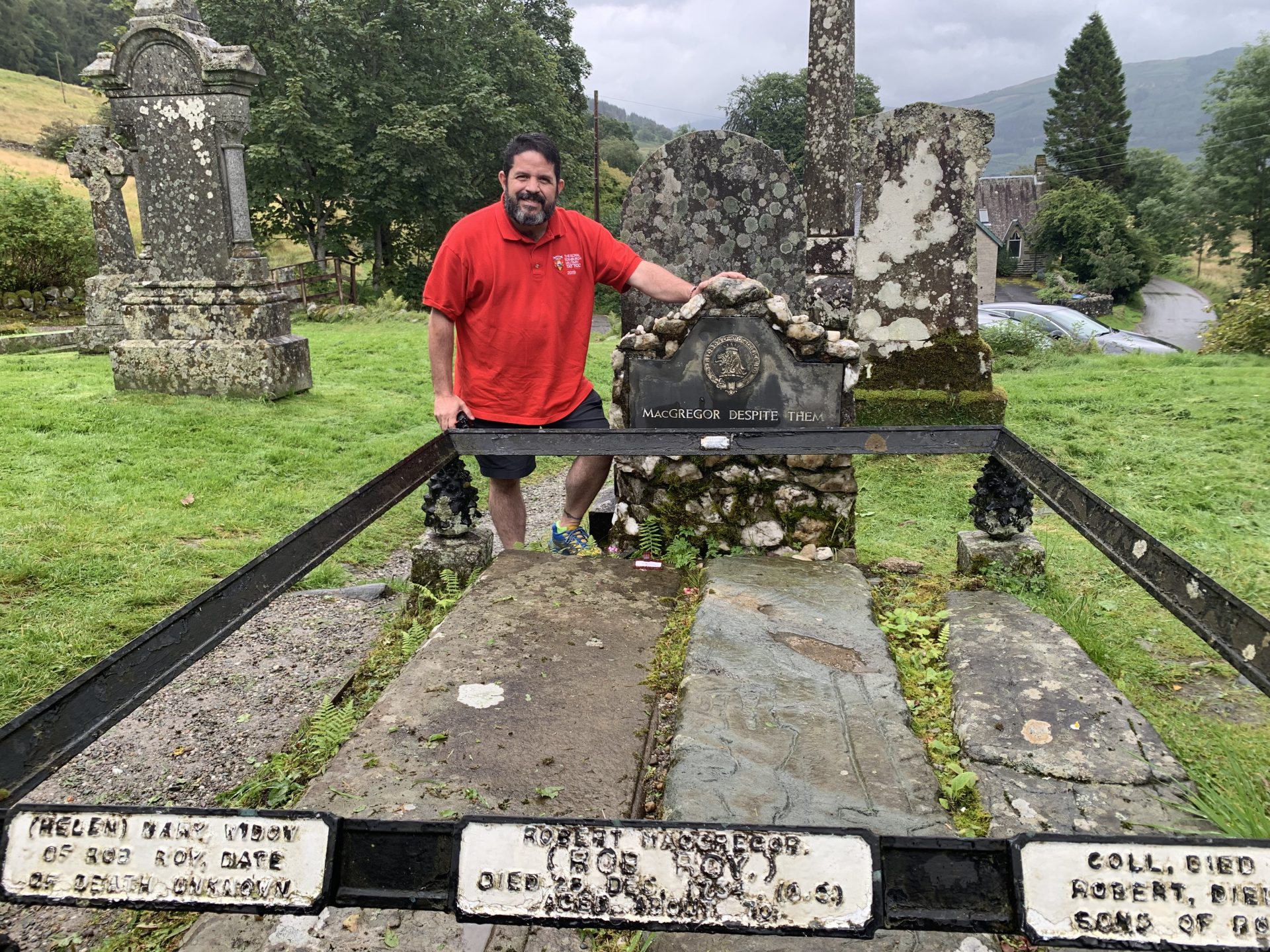
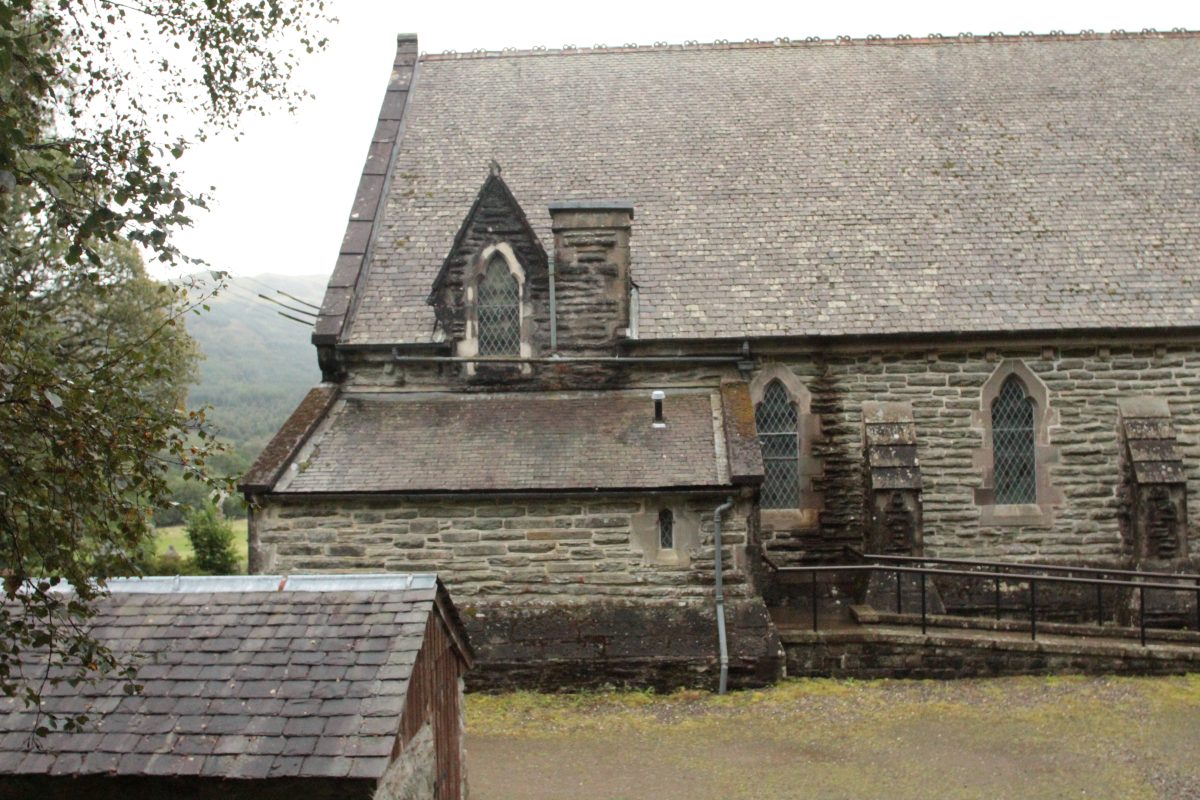
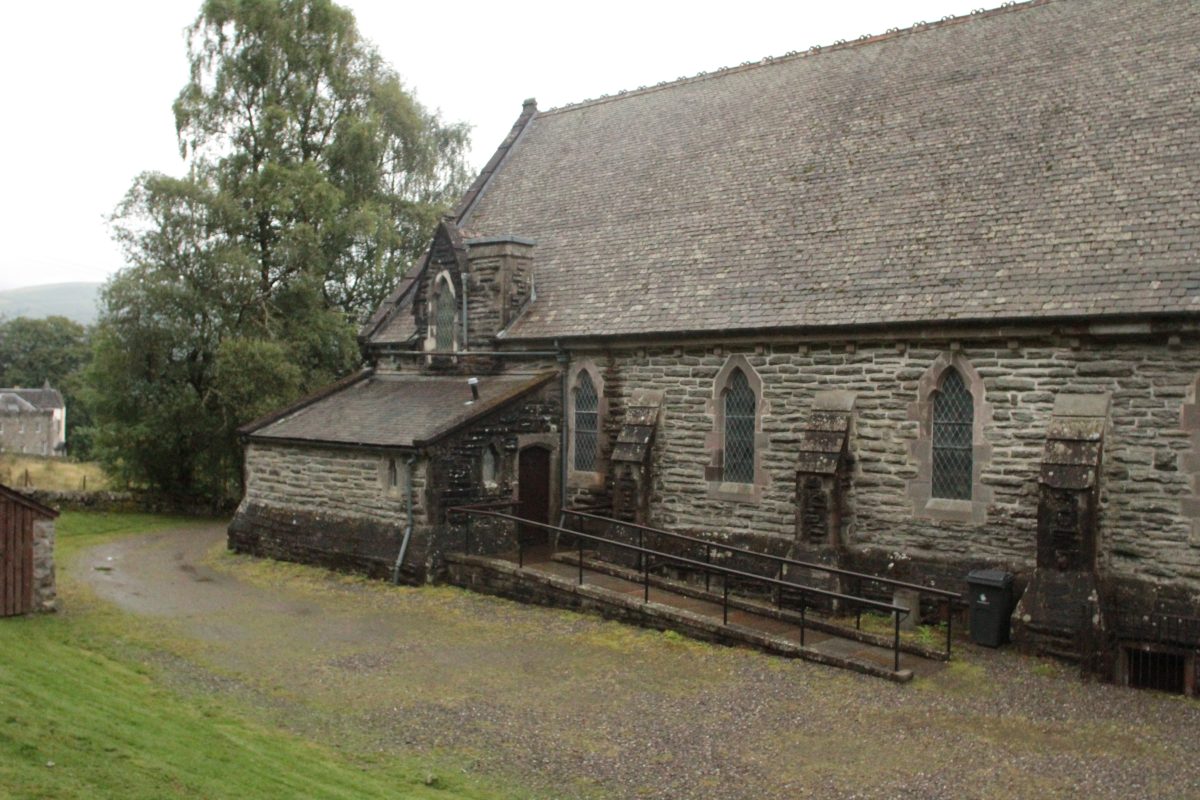
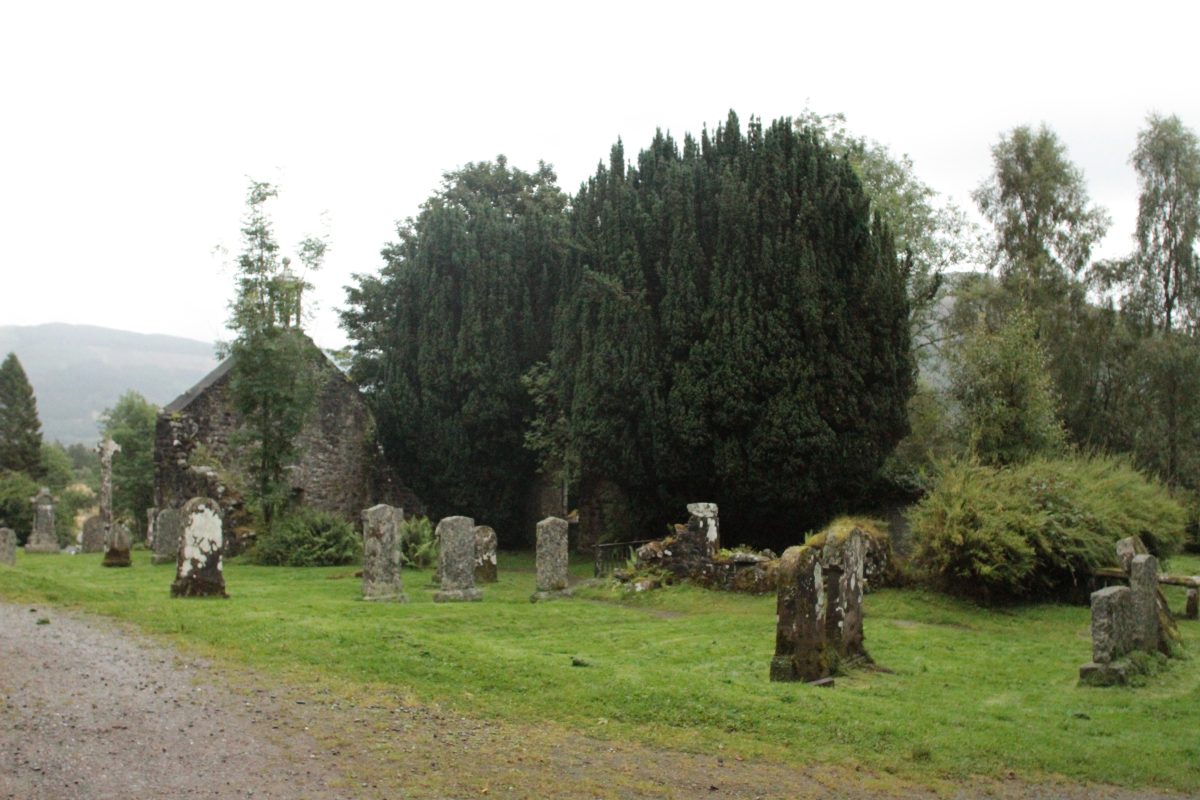
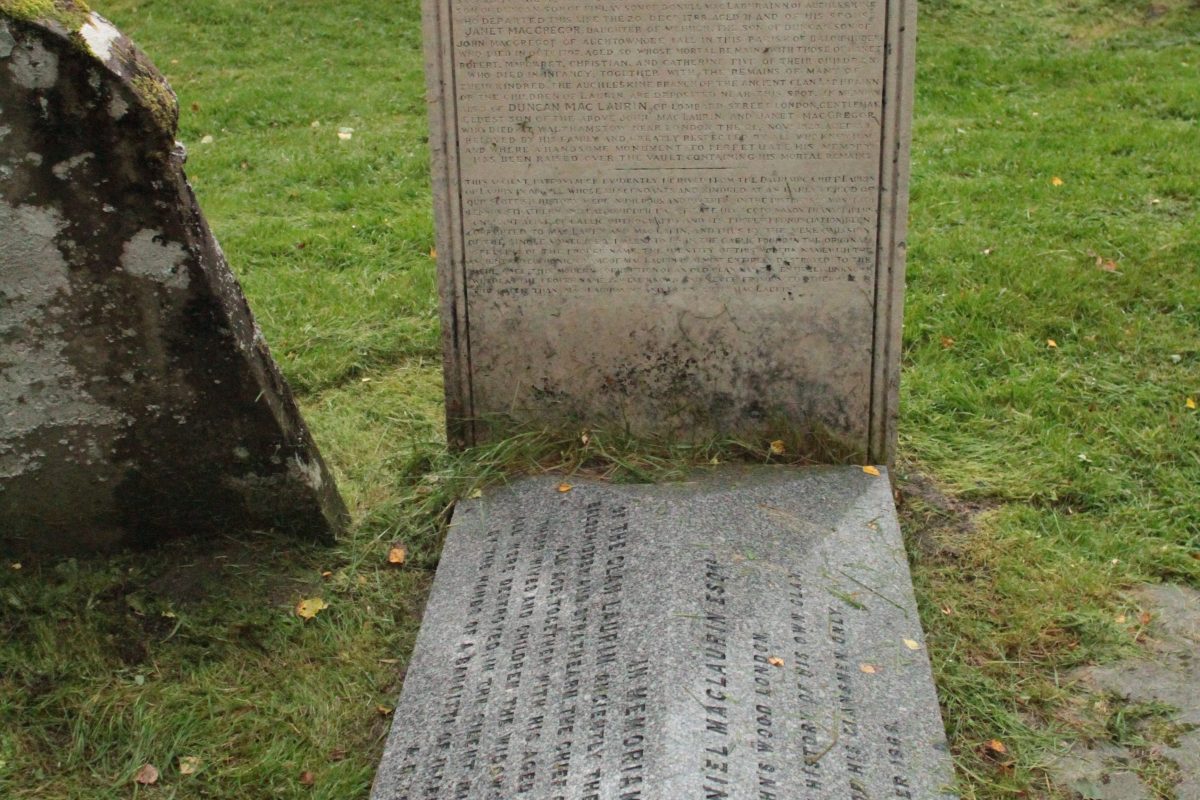
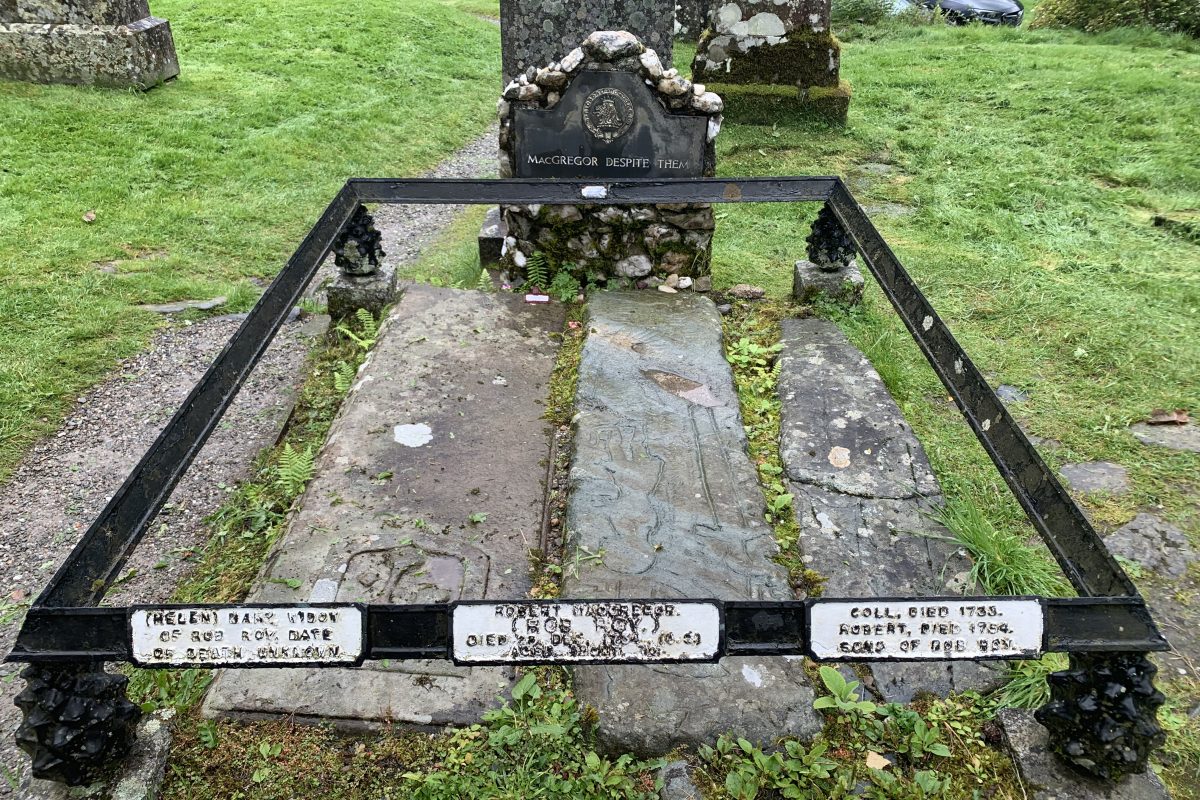
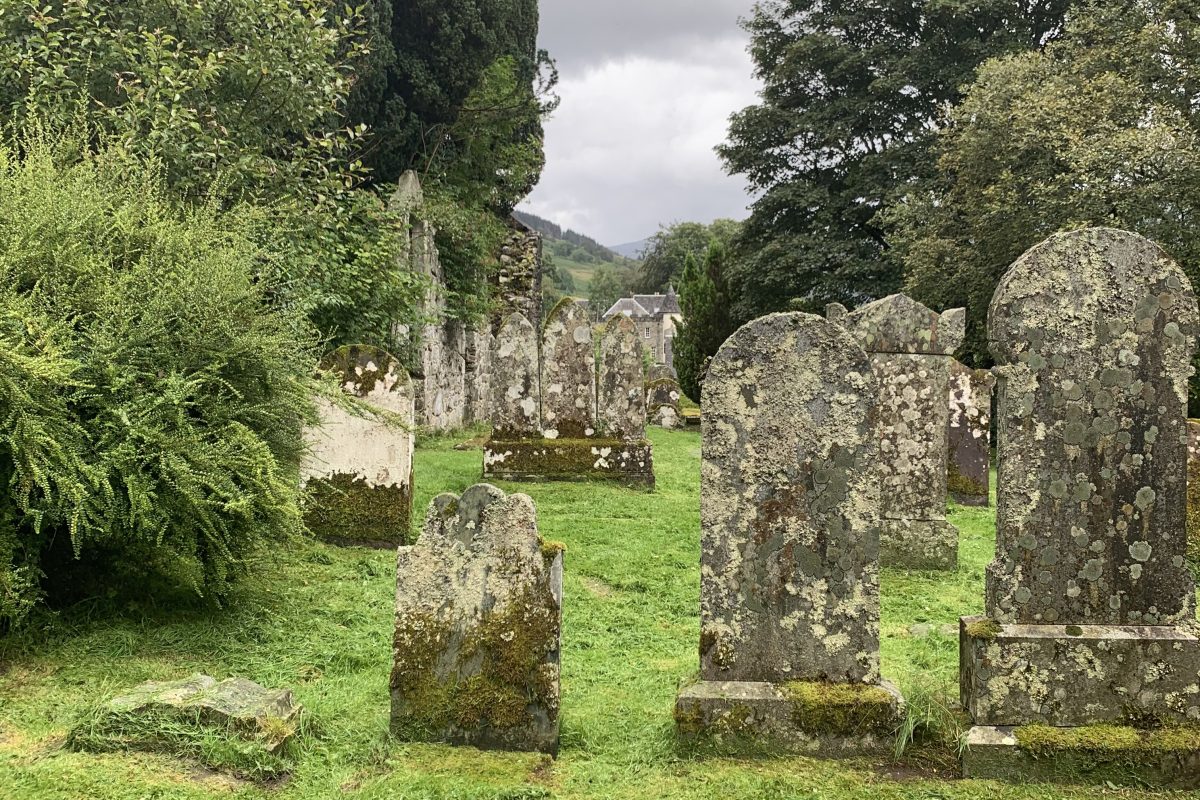
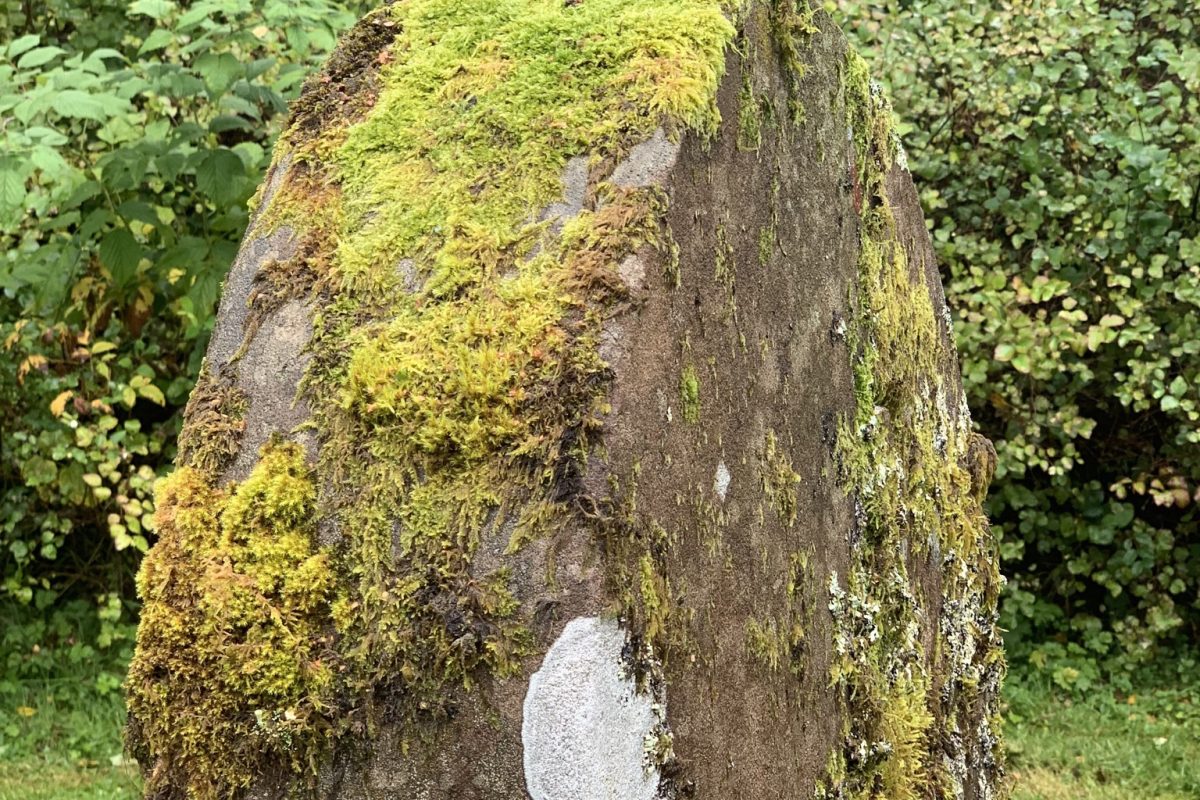
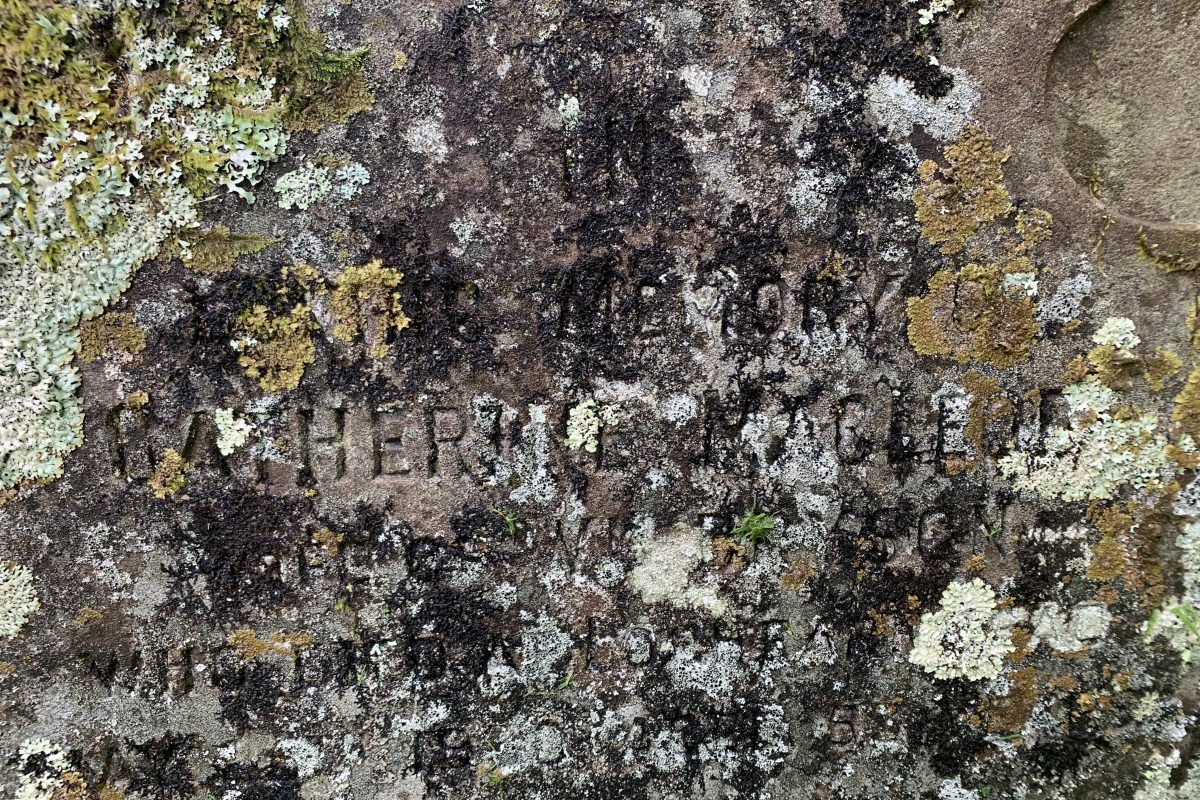
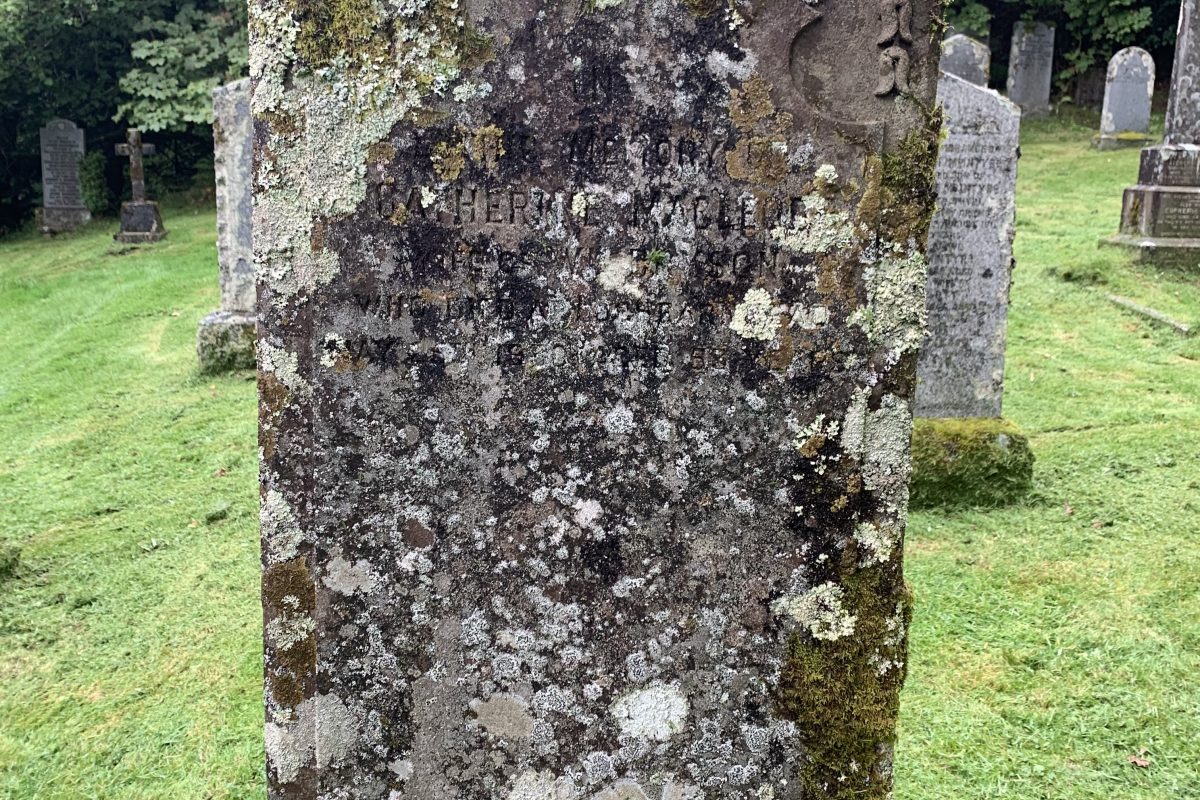
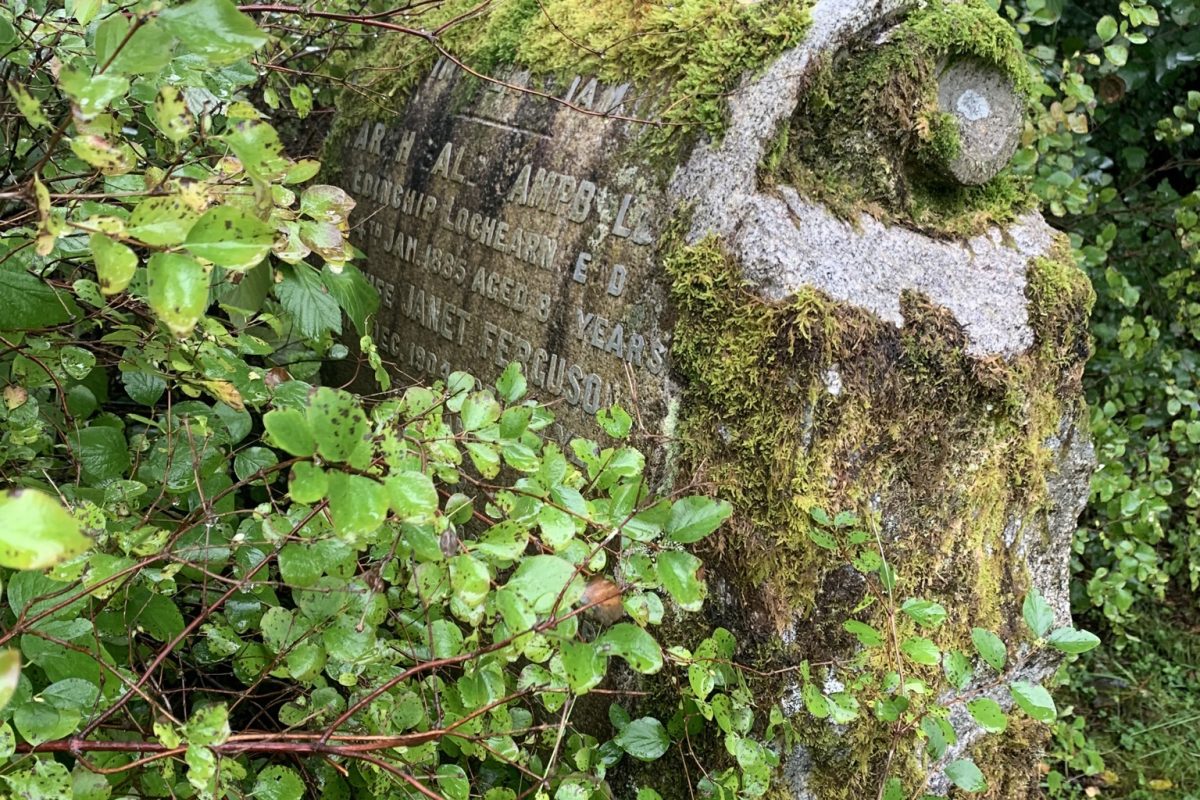
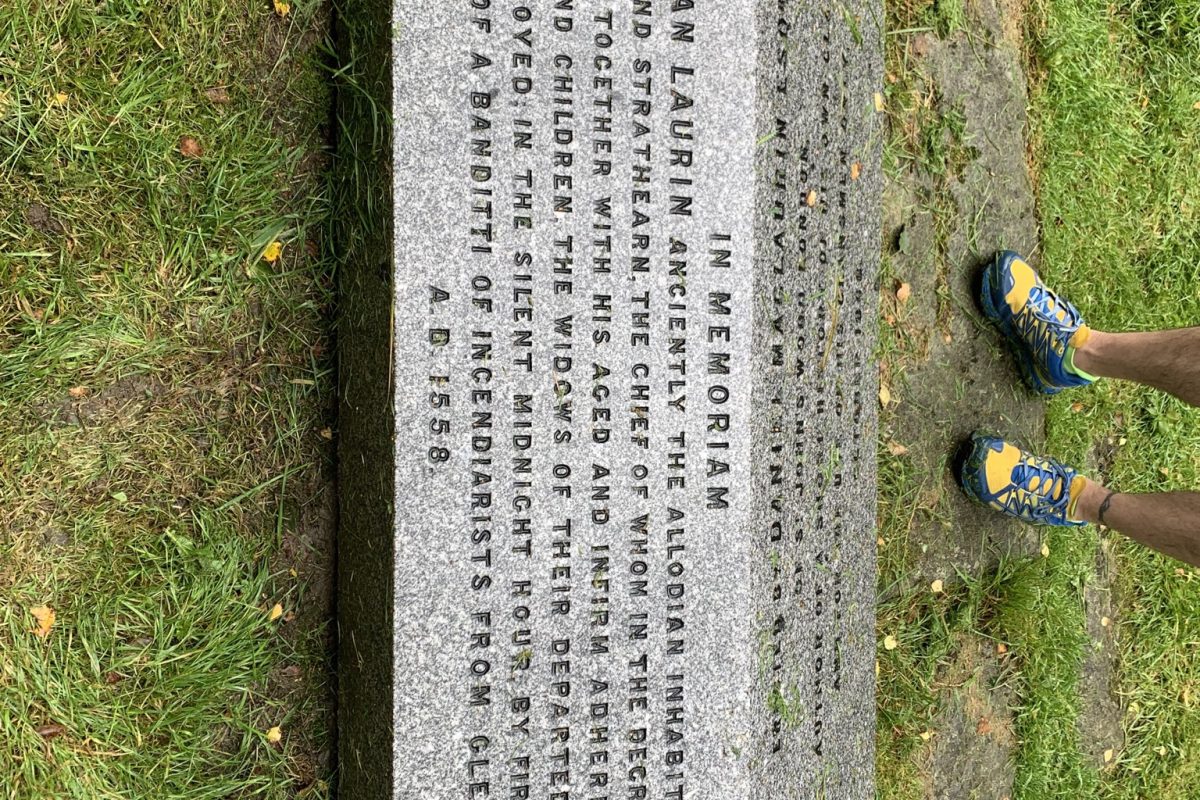
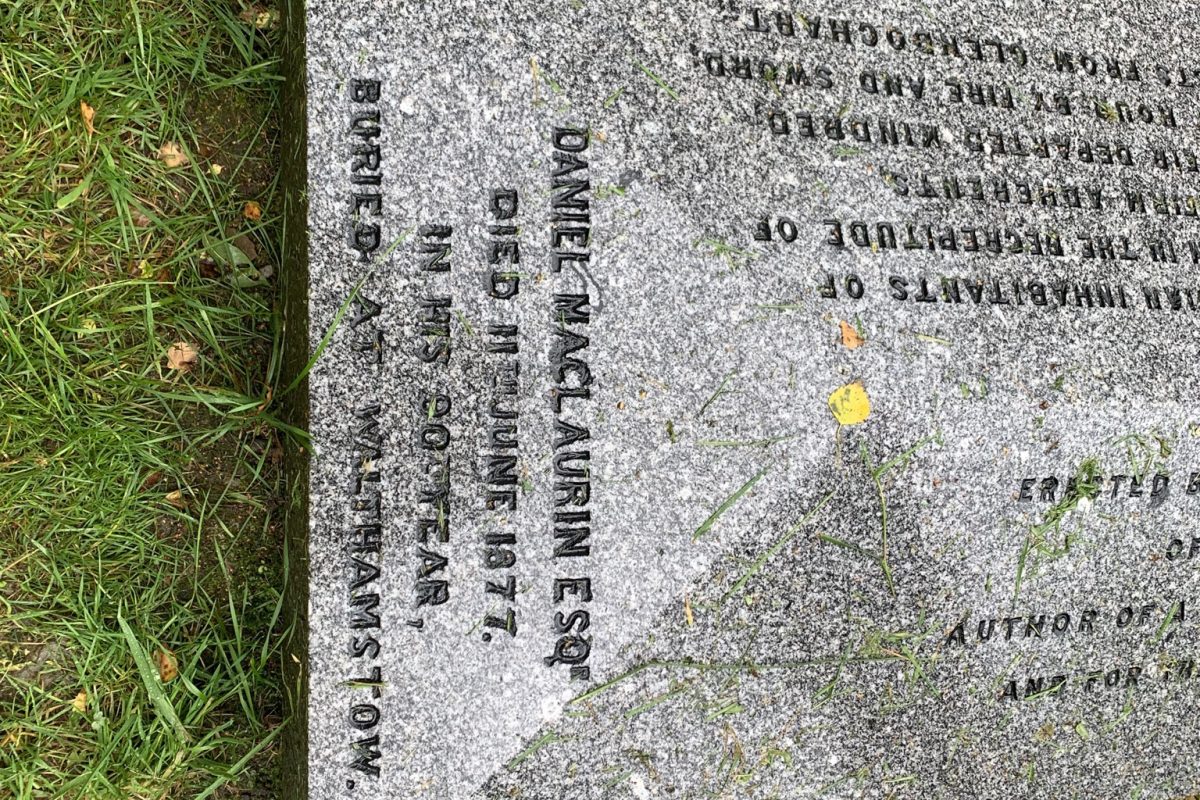
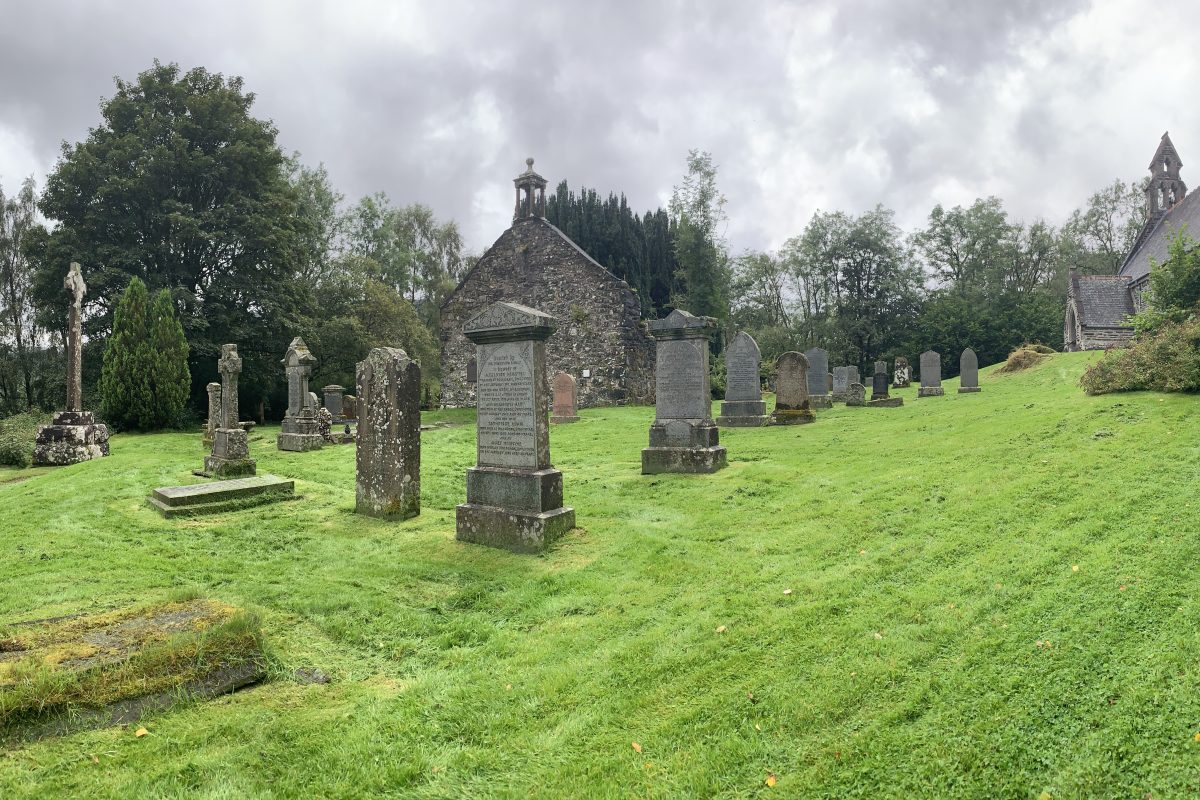
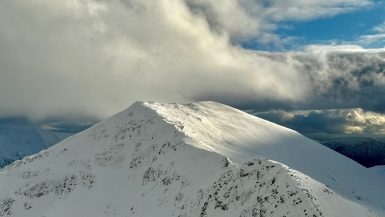

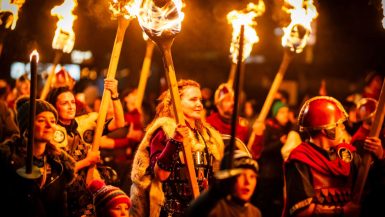
Leave a reply
You must be logged in to post a comment.